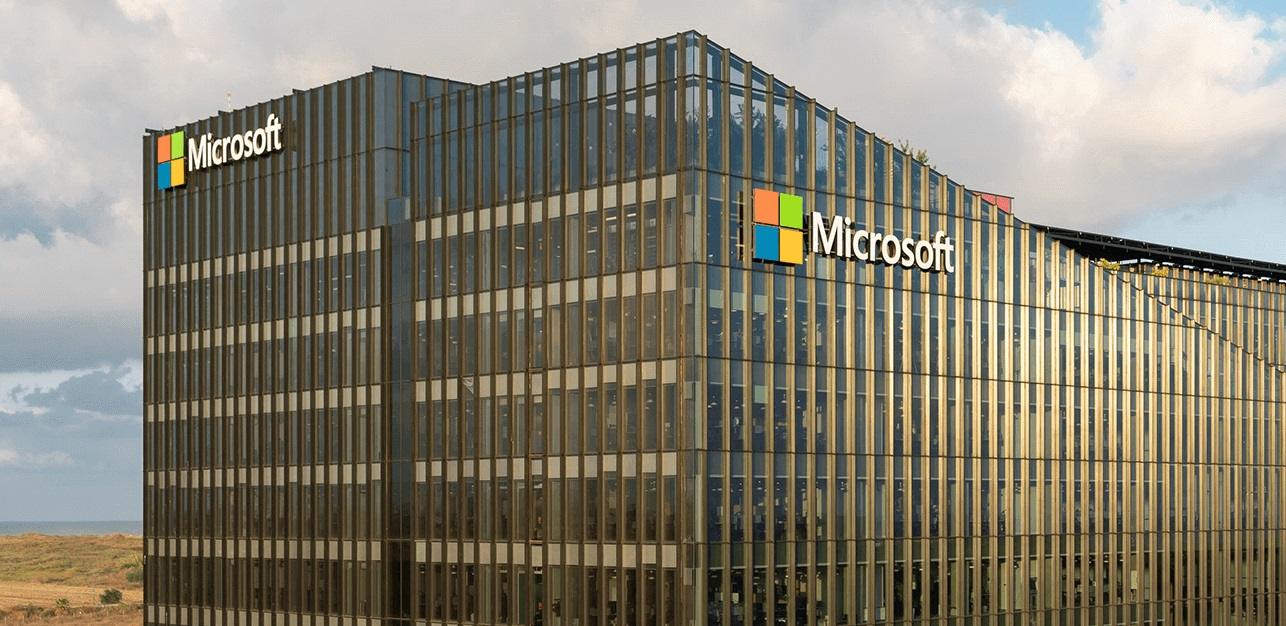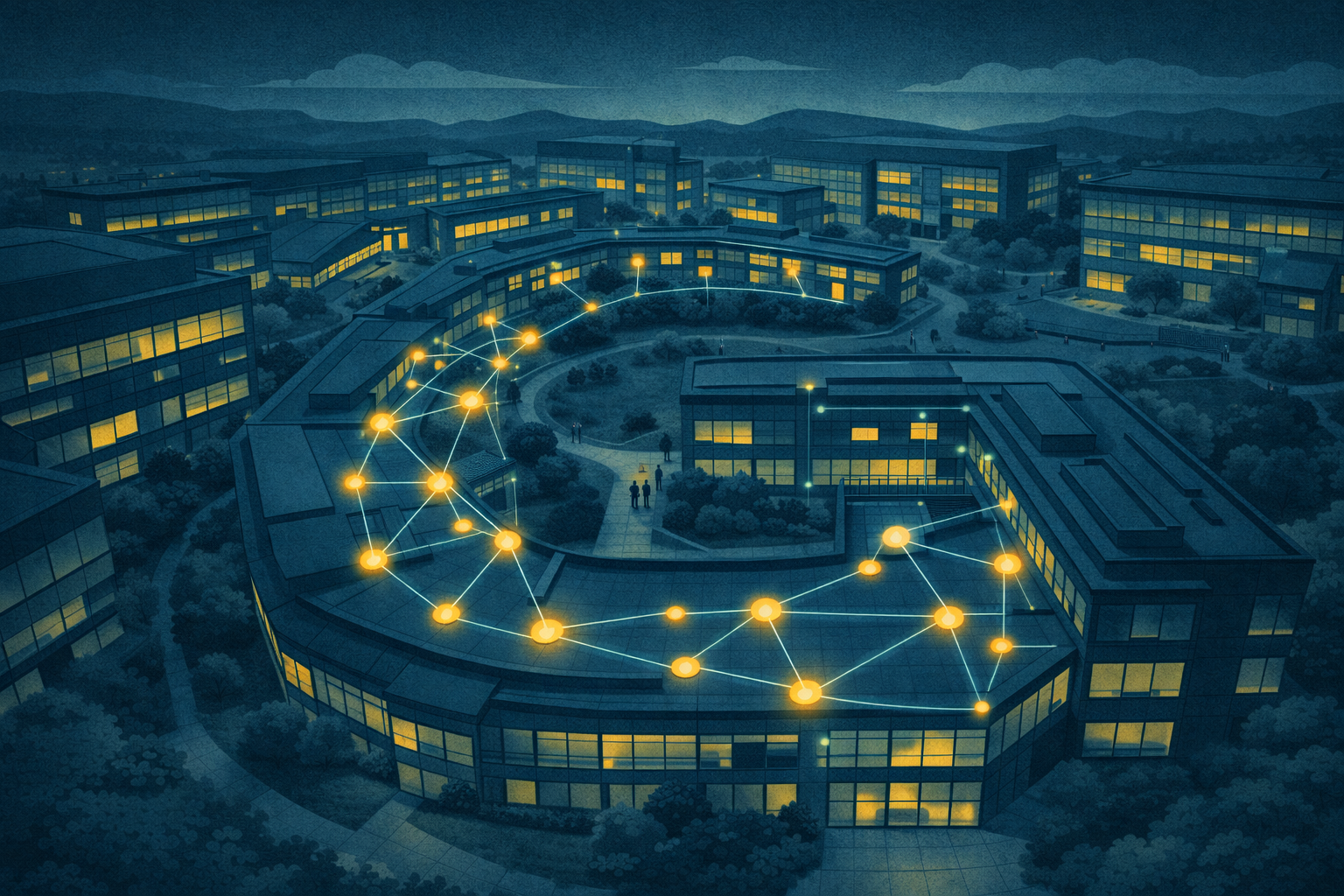Microsoft has signed a major new agreement with carbon markets platform Rubicon Carbon to acquire 18 million tonnes of high-quality carbon removal credits, a deal regarded as one of the largest commitments ever made by a single corporate buyer within the voluntary carbon market. The agreement marks a significant escalation in Microsoft’s efforts to achieve carbon negativity and reflects wider momentum behind market-based climate solutions.
Under the terms of the partnership, Rubicon will facilitate access to carbon credits derived from Afforestation, Reforestation, and Revegetation (ARR) projects globally. Each purchase agreement will be structured as a 15 to 20-year offtake, indicating a long-term commitment to carbon dioxide removals (CDRs) that extend well beyond typical annual offsetting efforts. The projects supported through this deal will be selected and monitored according to an evaluation framework co-developed by Microsoft and Rubicon, incorporating robust science-driven and quality-focused criteria.
Launched in 2022 with a $300 million commitment from private equity firm TPG through its climate investment vehicle, TPG Rise Climate, and its impact arm, The Rise Fund, [Rubicon Carbon](https://www.esgtoday.com/tpg-backed-carbon-markets-platform-rubicon-raising-1-billion/) aims to professionalise the voluntary carbon market by offering curated portfolios, remote-sensing monitoring, and analytics to ensure project integrity. TPG Founding Partner and TPG Rise Climate Managing Partner, Jim Coulter, described the deal as a milestone in Rubicon’s mission to scale high-quality carbon projects and catalyse greater investment into nature-based solutions.
In addition to identifying and vetting appropriate ARR projects, Rubicon will deliver ongoing oversight and due diligence, prioritising initiatives that demonstrate significant potential for expansion but have historically been constrained by limited access to capital. CEO Tom Montag positioned the partnership as a model for how financial markets can be mobilised to support climate goals while delivering financial returns. “We aim to crowd in more capital by leveraging market-based mechanisms to scale societal impact at a planetary scale,” he said.
The agreement further reinforces Microsoft’s position as the leading corporate buyer of carbon removal credits. According to figures published in early May by [CDR.fyi](https://www.cdr.fyi/), a platform tracking the carbon dioxide removal market, Microsoft had already secured 20.5 million tonnes of CDRs—far surpassing the 1.25 million tonnes purchased by the next largest buyer, the Frontier consortium, a public-private procurement initiative backed by companies such as Stripe, Alphabet, and Shopify.
This growing portfolio includes notable previous deals, such as a 7 million-tonne arrangement with [Chestnut Carbon](https://www.esgtoday.com/microsoft-inks-7-million-ton-nature-based-carbon-removal-megadeal/) and a 3.5 million-tonne agreement with Brazilian forest restoration company [re.green](https://www.esgtoday.com/microsoft-signs-forest-restoration-deal-to-remove-3-5-million-tons-of-co2/), both announced earlier this year. These nature-based initiatives are a key component of Microsoft’s broader climate strategy, which includes the goal of becoming carbon negative by 2030 and removing the company’s historic emissions by 2050.
Brian Marrs, Microsoft’s Senior Director of Energy & Carbon Removal, emphasised the importance of integrating finance with scalable environmental solutions. “This agreement demonstrates how science, finance, and business model innovation can work in concert to scale affordable and high-quality climate solutions,” he said. “We believe that project finance needs to be central to the voluntary carbon market, and this deal signals the long-term demand for carbon removal necessary to mobilise infrastructure-grade investment and world-class execution.”
The deal could also help address growing concerns around the credibility and scalability of voluntary carbon markets, which have faced criticism in recent years over [quality control and transparency](https://www.reuters.com/business/environment/verra-blockchain-carbon-credit-boom-turns-bust-2023-04-05/). By anchoring such a large commitment in multi-decade offtake contracts and strengthened due diligence, Microsoft and Rubicon seek to establish new benchmarks for rigour and accountability in carbon removal procurement.
As momentum builds behind corporate climate pledges and net-zero targets, such large-scale commitments may serve as signals to other companies and institutional investors to treat carbon removals not as short-term offsets, but as infrastructure-grade investments fundamental to the long-term decarbonisation agenda.




